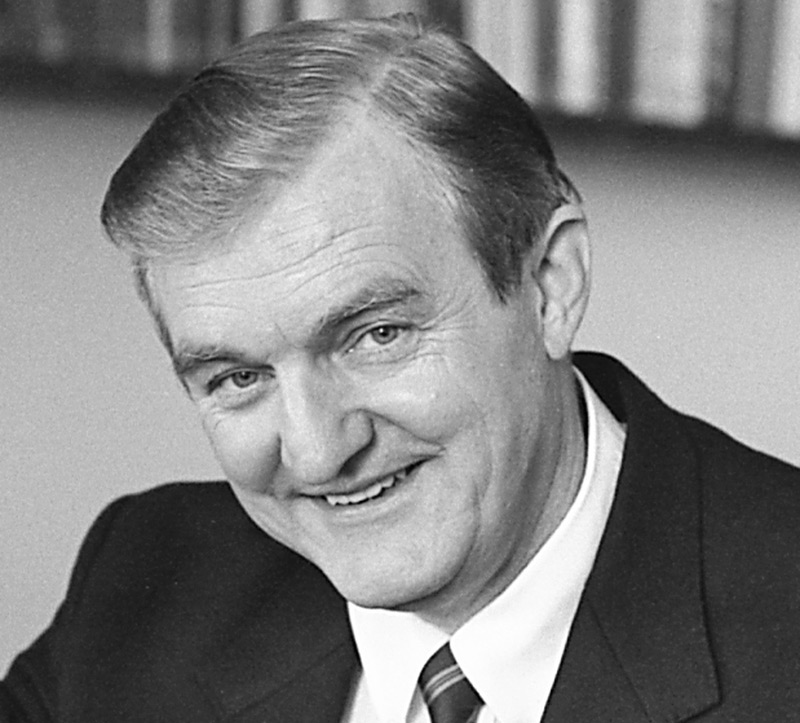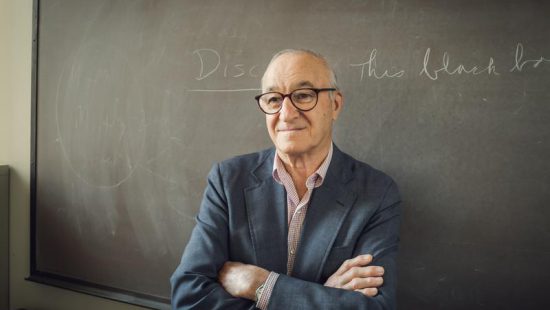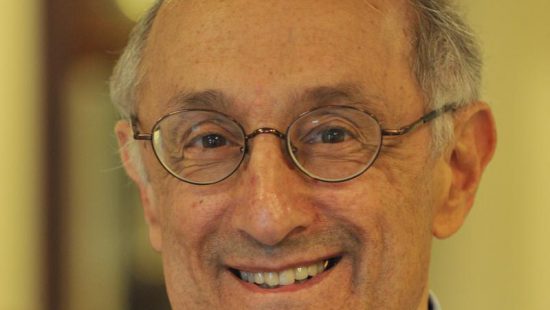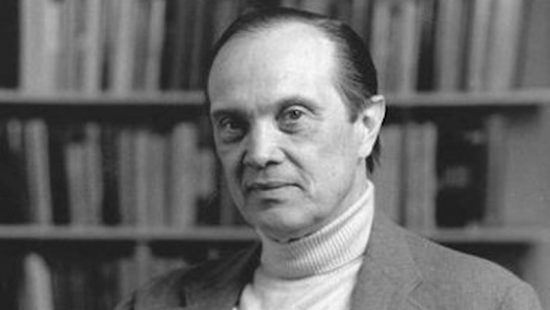Cognitive psychologist Gordon H. Bower advises aspiring scientists to push beyond the obvious findings in their research and devote themselves to the collegial society, a philosophy that has propelled him to become one of the world’s most influential psychologists.
From a young age, Bower demonstrated a diverse set of skills, turning down several offers to play professional baseball in order to pursue his passion for the human mind. Shortly after completing his master’s degree in Experimental Psychology at Yale University, Bower joined the Stanford University Psychology Department, where he remained for the rest of his career, pioneering research in wide-ranging areas including animal learning, mathematical models, memory organization, and human associative memory. Most notably, Bower developed the State-Dependent Memory theory, showing that a memory for an experience is associated with the originally-felt emotion.
Beyond his achievements as a researcher, Bower, who is now retired, dedicated decades to enriching the field of psychology, including serving as the president of the Association for Psychological Science. As the A.R. Lang Professor of Psychology, Bowers mentored multiple Stanford students who became leading figures in the field — many of whom attribute their success to Bower’s respect of and investment in their work.
By Jeremy Gordon








